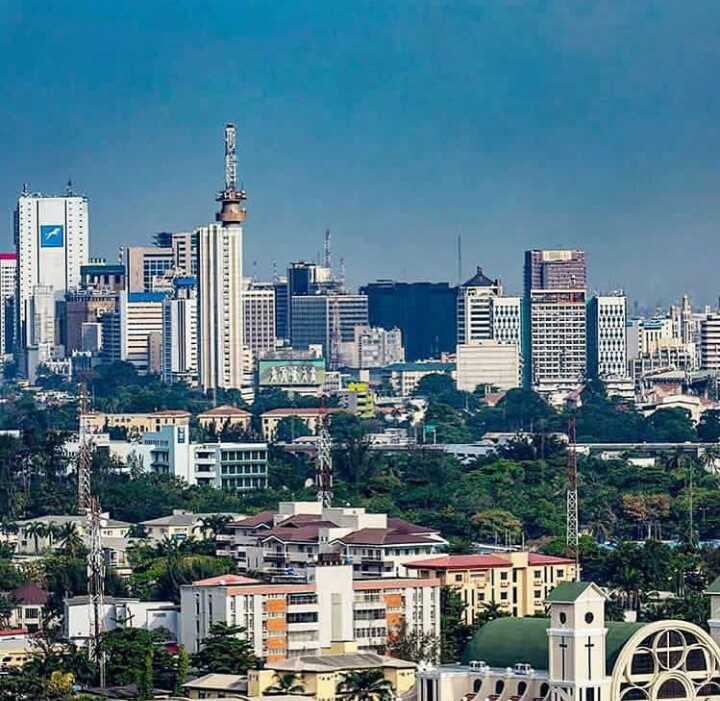Nigeria, the most populous country in Africa is located on the coast of West Africa. It is the fourth largest country in the West African region in terms of land area after Niger Republic, Mali and Mauritania. The total land area of Nigeria is approximately 923, 768 sq km. The greatest distance from east to west is approximately 1,300 km while from north to south is about 1,100 km.
Nigeria shares borders with four countries, Cameroon and Chad to the east, Benin to the west, and Niger to the north while the northeast of Nigeria is bordered by Lake Chad and the Gulf of Guinea to the south. However, it shares maritime borders with Ghana, Equatorial Guinea and São Tomé and Príncipe. Nigeria lies within the Tropics, which is an area that has a humid and seasonally damp climate.
Nigeria is a multinational state inhabited by more than 250 ethnic groups speaking over 500 distinct languages. The three largest ethnic groups are the Hausa in the north, Yoruba in the west and Igbo in the east.
With the restoration of democracy under the fourth republic in 1999, Nigeria has had seven major elections with five successful changes of leaders and a major transfer of power from one party to another. However, the World Bank indicated that the country faces low political stability and high violence and terrorism. Nigeria is very much determined to sustain democracy and make the future proud to be part of this great nation.
Nigeria's economy is classified as a lower middle-income country with a Gross Domestic Product (GDP) of about 477.39 billion US dollars in 2022. It is ranked as the 27th-largest economy in the world in terms of nominal GDP, the 24th-largest in terms of purchasing power parity and the largest economy in the West African sub-region. Nigeria's economy is a mixed type, generally combining state-owned and private businesses.
Apart from oil and gas Nigeria has significant deposits of coal, iron ore, gold, silica, lead, zinc, tin, granite and manganese. Over-concentration of oil and gas has meant that most of these minerals are under-explored.
The top exports of Nigeria are Crude Petroleum ($41.8B), Petroleum Gas ($8.52B), Special Purpose Ships ($1.25B), Cocoa Beans ($779M), and Refined Petroleum ($667M), exporting mostly to India ($9.07B), Spain ($6.7B), United States ($3.69B), France ($3.32B), and China ($3.05B). In 2021, Nigeria was the world's biggest exporter of Cocoa Shells ($8.56M)
The top imports of Nigeria are Refined Petroleum ($11.3B), Wheat ($3.32B), Cars ($2.42B), Packaged Medicaments ($972M), and Broadcasting Equipment ($934M), imported mostly from China ($21.9B), India ($4.75B), Netherlands ($4.58B), United States ($4.42B), and Belgium ($2.34B). In 2021, Nigeria was the world's biggest importer of Synthetic Filament Tow ($110M) and Equine and Bovine Hides ($56.8M)
Security issues:
Nigeria faces multiple security challenges such as the jihadist insurgency in the north, clashes between animal herders and farmers over water and grazing rights, widespread banditry and kidnappings, a separatist insurgency in the southeast as well as militants in the Niger delta demanding a greater share of oil profits.
Verdict:
This notwithstanding Nigeria’s security issues it has great potential to expand its economy as space remains for expansion. The country’s population, rich culture, natural resources and robust tourism make it one of the most attractive places in the world and a good place to do business. With effective and efficient political leadership and result-oriented management of state enterprises, the country's great potential could be realized. The federal and state and local governments must, however, tackle pervasive corruption in order for the country to maximize economic benefits. Risk is at medium levels.
image: Lagos, the commercial capital of Nigeria.
